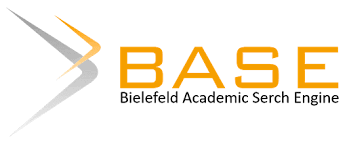PELATIHAN DAN PENDAMPINGAN PENGGUNAAN TEKNOLOGI INFORMASI UNTUK PENINGKATAN KAPASITAS PRAJURU DESA ADAT DI BALI
DOI:
https://doi.org/10.59819/sewagati.v1i2.2734Keywords:
Pengabdian Kepada Masyarkat, Teknologi Informasi, Desa Adat, Pelatihan, PendampinganAbstract
A traditional village in Bali is an institution that is responsible for managing and maintaining the sustainability of a traditional village in Bali. The development of information technology has developed so rapidly that even village officials must keep up with the development of information technology. However, in reality some village officials are not fluent in using information technology either in the form of Microsoft Word, Excel, Power Point, especially now that online meetings are also developing with many positive impacts. Based on these problems, community service was carried out by conducting Microsoft Word, Excel, Power Point training, and online meetings using the Zoom application. This training was conducted with the aim of increasing the skills of indigenous village communities in using information and communication technology. In this training, participants will be taught how to use Microsoft Word, Excel, and Power Point to create documents, process data, and make presentations. In addition, participants will also be taught how to use the Zoom application to conduct online meetings. This training is expected to provide benefits for indigenous village communities in improving their skills and productivity. Based on the evaluation results that have been carried out using the pre-test and post-test methods, in general there is an increase in the ability of village officials to operate the information technology material that has been provided in this community service.
Downloads
Downloads
Published
Issue
Section
License
Authors who publish with the Jurnal Sewagti agree to the following terms:
1. Authors retain copyright and grant the journal the right of first publication with the work simultaneously licensed under a Creative Commons Attribution License (CC BY-SA 4.0) that allows others to share the work with an acknowledgment of the work's authorship and initial publication in this journal.
2. Authors are able to enter into separate, additional contractual arrangements for the non-exclusive distribution of the journal's published version of the work (e.g., post it to an institutional repository or publish it in a book), with an acknowledgment of its initial publication in this journal.
3. Authors are permitted and encouraged to post their work online (e.g., in institutional repositories or on their website) prior to and during the submission process, as it can lead to productive exchanges, as well as earlier and greater citation of published work. (See The Effect of Open Access) .




















